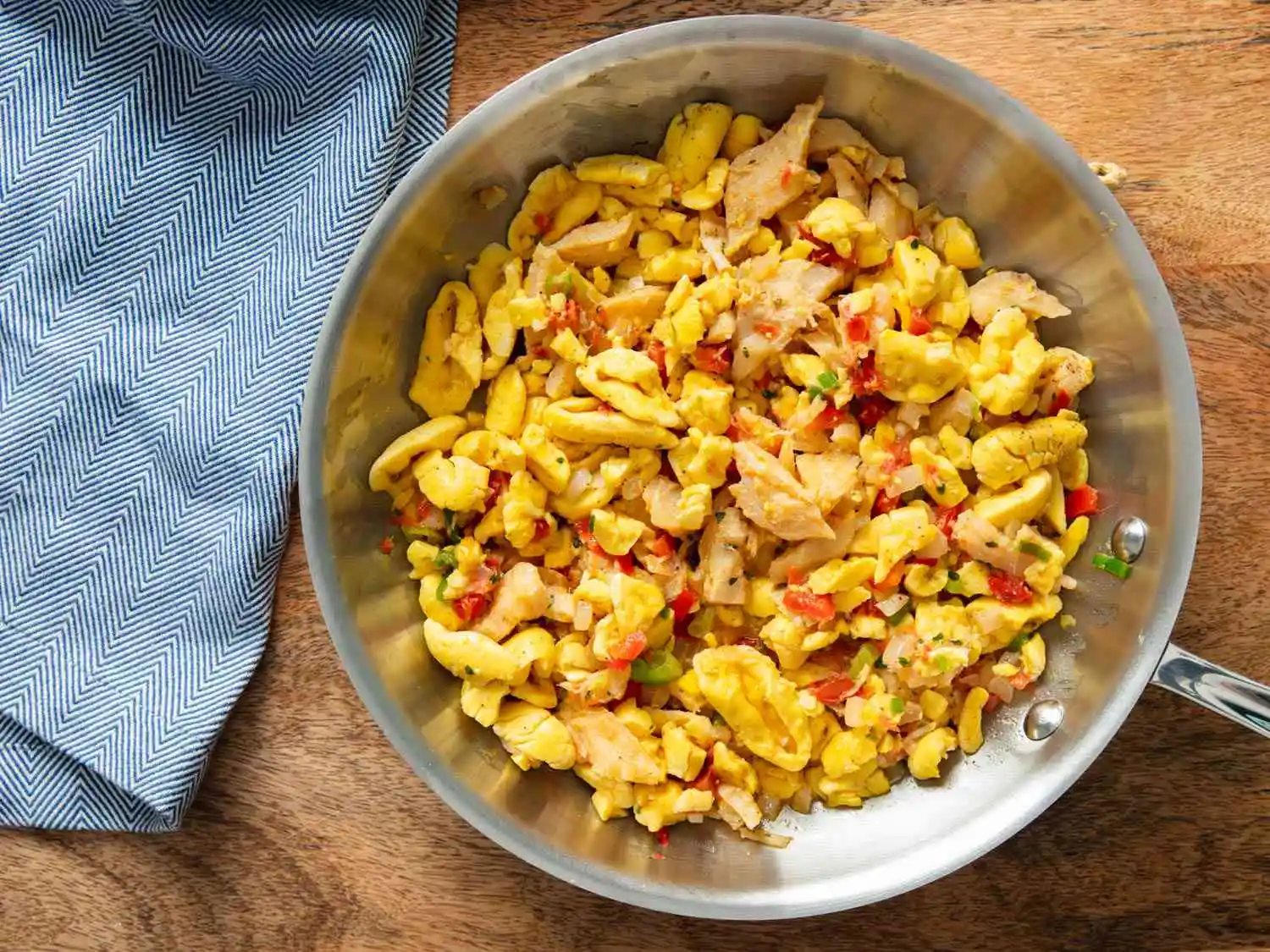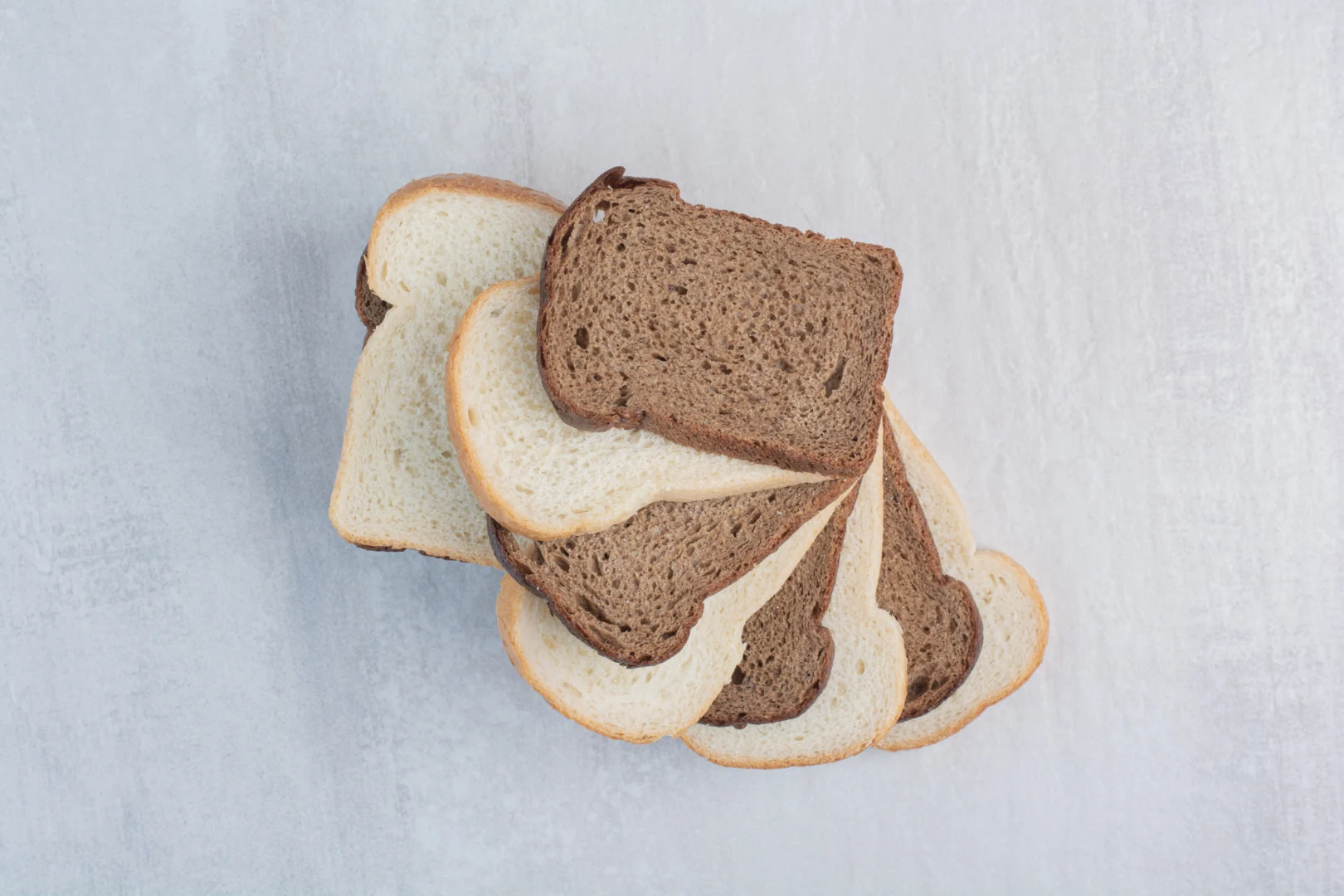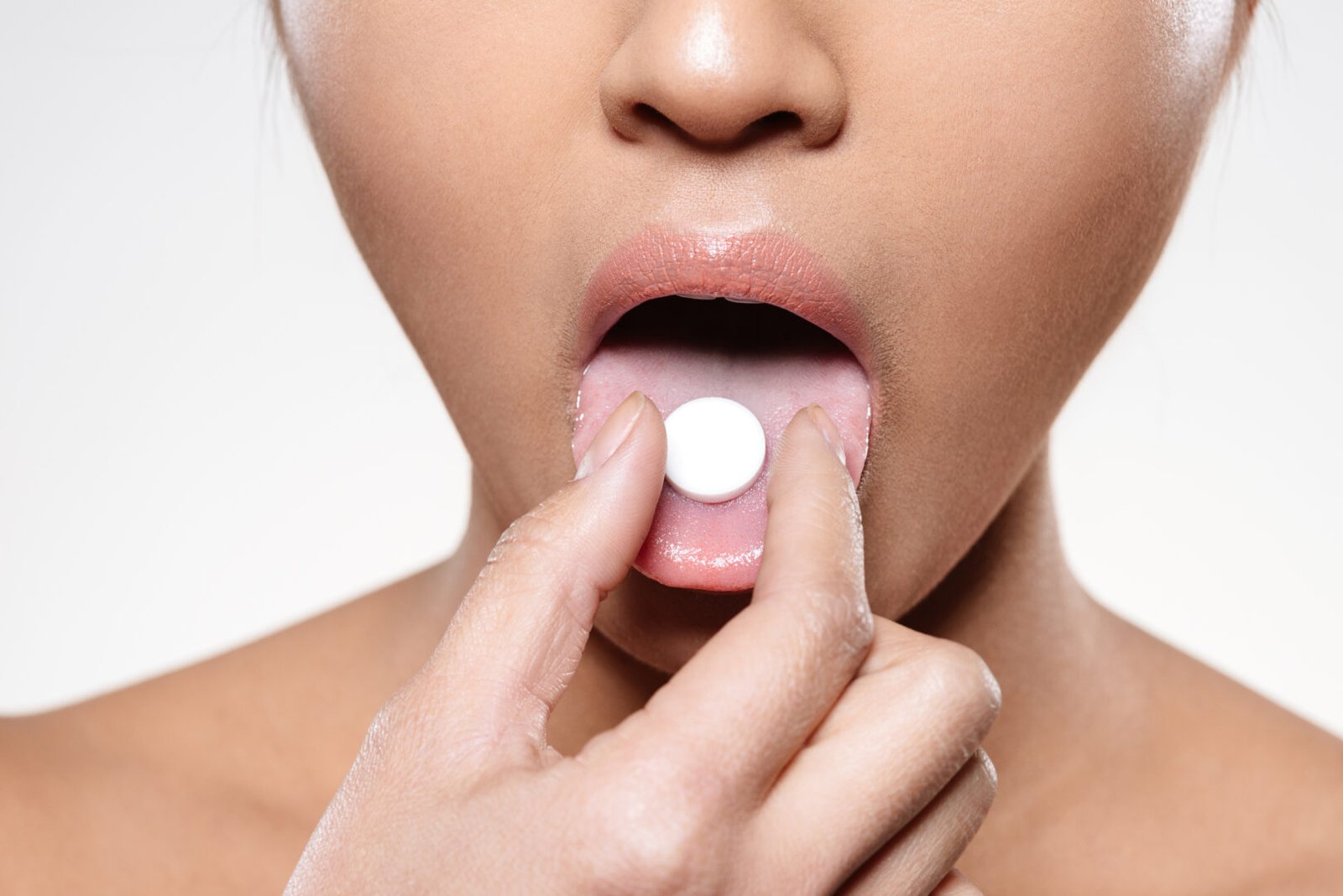Why I Gave Up Diet Soda (and Fake Sweeteners): The Truth That’s Hard to Swallow
For years, diet soda was my not-so-secret weapon. No sugar, zero calories, a fizzy reward I could sip without guilt. It felt like I was beating the system—getting the sweetness
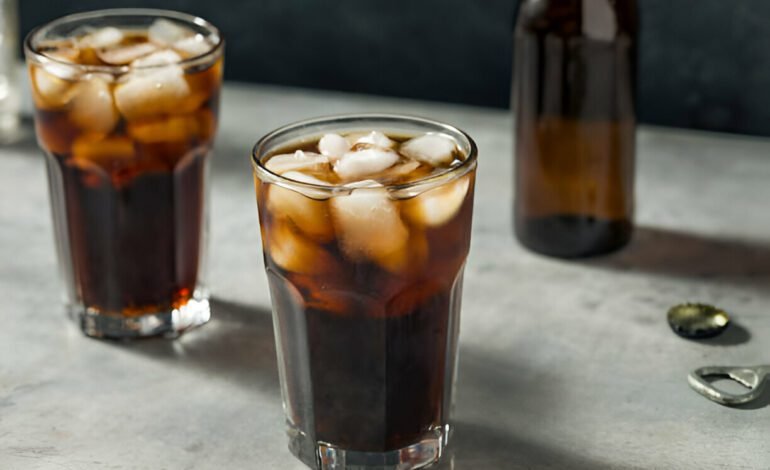
For years, diet soda was my not-so-secret weapon. No sugar, zero calories, a fizzy reward I could sip without guilt. It felt like I was beating the system—getting the sweetness without the damage.
But I was wrong.
After years of drinking diet soda daily, I noticed the opposite of what I expected. My weight wouldn’t budge. I felt sluggish and bloated. I was constantly craving snacks. And every time I opened a can, a part of me knew: this stuff is not good for me. It tasted fake, and it felt fake. And the more I looked into it, the more I realized it was hurting me in ways I couldn’t see.
What’s Really in Diet Soda?
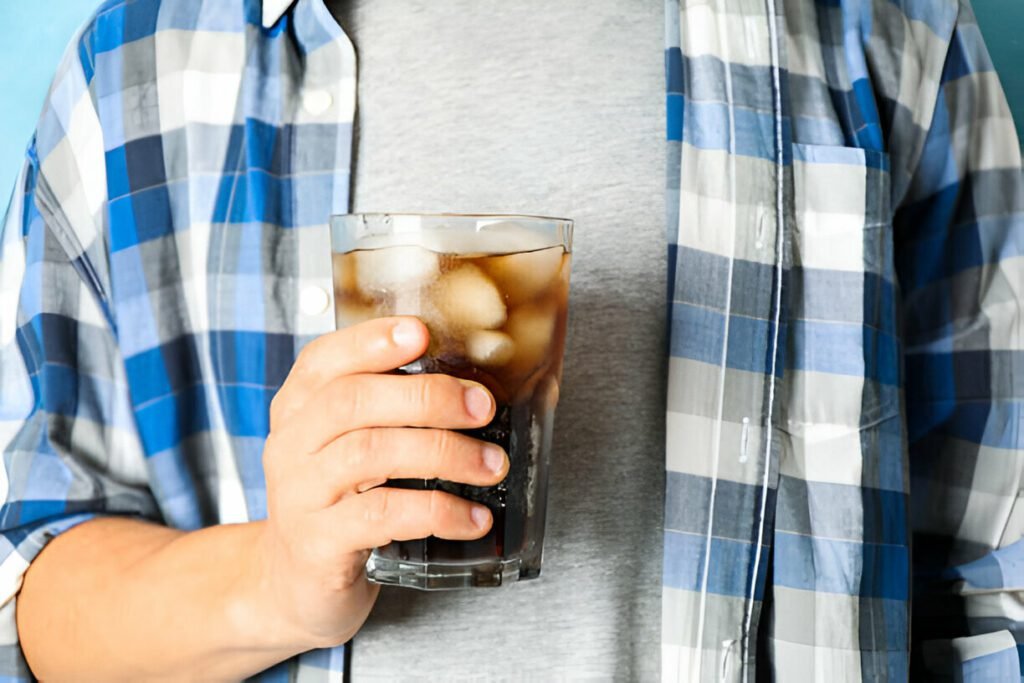
The main problem with diet soda isn’t just what it’s missing (sugar). It’s what it’s made with. The ingredients list reads like a chemistry lab:
- Aspartame
- Sucralose
- Acesulfame potassium
- Saccharin
- Phosphoric acid
- Artificial coloring
These ingredients are designed to mimic sugar without the calories, but they come with serious risks.
The Dangers of Artificial Sweeteners
I used to believe fake sweeteners were a smart alternative to sugar. But studies show they can lead to a host of health problems over time.
1. They confuse your metabolism.
Artificial sweeteners don’t provide real energy. This can trick your body and interfere with how it processes real food. Some studies show they can raise blood sugar and insulin levels—especially in people who consume them regularly.
2. They damage gut health.
Your gut is home to trillions of bacteria that play a key role in digestion, immunity, and mental health. Research has shown that artificial sweeteners like sucralose and saccharin can disrupt the balance of gut bacteria, leading to inflammation and metabolic issues.
3. They may increase the risk of serious diseases.
A major French study in 2022 found that people who consumed high levels of artificial sweeteners had a significantly higher risk of heart disease, stroke, and certain cancers. A 2017 study from Boston University linked daily diet soda consumption to higher rates of dementia and stroke.
4. They’re linked to weight gain.
Ironically, several studies suggest that artificial sweeteners may actually contribute to weight gain. They stimulate appetite, increase sugar cravings, and encourage overeating later in the day.
My Experience: I Felt Addicted
I didn’t just drink diet soda—I depended on it. If I didn’t have one in the afternoon, I’d get moody, tired, or edgy. I’d grab a second or third can in the evening. If I skipped it for a day or two, I craved it more.
The sweetness was so intense it felt like I was chasing a high. But it never satisfied me. It made me hungrier, not fuller. I was constantly snacking and couldn’t figure out why—until I realized it was the soda fueling it.
So Why Is This Still Legal?
It’s easy to assume something sold on every grocery store shelf must be safe. But just because it’s legal doesn’t mean it’s healthy.
Artificial sweeteners are cheap to produce, and their long-term effects are still being studied. Regulatory agencies like the FDA have approved them in limited amounts, but that doesn’t account for how often people consume them—or the way they show up in everything from drinks and protein powders to gum and vitamins.
Many people, including me, consumed these ingredients daily for years without understanding the risk. That needs to change.
Quitting Wasn’t Easy—but It Was Worth It
I’d love to say I quit cold turkey. I didn’t. I still have a diet soda every now and then—maybe once a week. But it’s no longer a daily habit, and I feel so much better for it.
Here’s what helped me cut back:
1. Drink more water.
I focused on staying hydrated with plain water, mineral water, and unsweetened herbal teas.
2. Read every label.
I started checking every drink and snack for hidden sweeteners. They show up in everything from flavored waters to “healthy” energy drinks.
3. Eat real food.
Once I stopped tricking my taste buds with fake sweeteners, my cravings for sugar started to disappear.
4. Be realistic, not perfect.
If I want a diet soda once in a while, I don’t beat myself up. But I keep it rare—and intentional.
The Bigger Picture: What the Research Says
- People who drink one or more diet sodas a day have a 29% higher risk of heart disease, according to a 2023 study published in the Journal of the American Heart Association.
- High intake of artificial sweeteners is associated with a 13% higher risk of early death, according to a study of 100,000+ people in France.
- A Harvard study found that drinking two or more diet sodas per day may double the rate of kidney function decline in women.
These aren’t just numbers—they’re warnings.
Your Body Knows the Truth
We drink diet soda and consume fake sweeteners thinking we’re being smart. But deep down, most of us know better. The bloating, the cravings, the brain fog—they’re not accidents. They’re signs that something isn’t working.
For me, cutting back was one of the best health decisions I’ve made. It helped me feel more in control, less bloated, and more in tune with what my body actually wants: real food, clean water, and fewer chemicals.
If you’re hooked on diet soda or artificial sweeteners, you’re not alone. I’ve been there. I still slip sometimes. But I’m not going back to daily cans of fake sweet.
Your body deserves better—and once you stop, you’ll feel the difference.
By Dave Mazer for Ravoke.com



